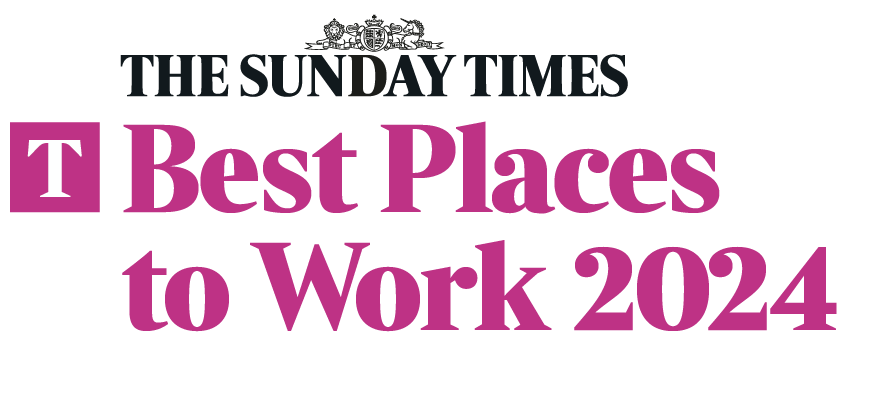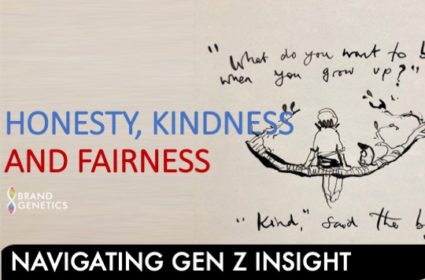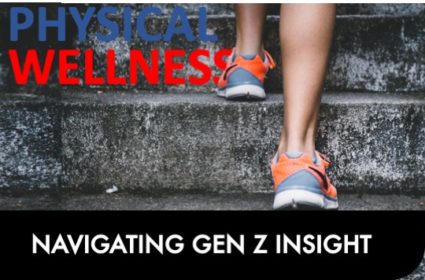Navigating Gen Z insight: Emotional Wellbeing

This article is part of our series on Navigating Gen Z Insight. You can view the full series or download the report.
Download ReportWhat do you know about the cohort of 2 billion teens, tweens and young adults born between 1997 and 2012? The answer is probably less than you thought. A quick dose of fact-checking reveals many Gen Z claims you may have seen published to be little more than “fake news” with little or no basis in fact – a big problem for brands who are trying to make smart decisions.
Read the full report for guidance on how to spot fake news and the 3 Gen Z insights that are both relevant and real (cross-checked claims with peer-reviewed academic research conducted by social scientists, epidemiologists and demographers). Over the next 3 weeks, we will highlight one of these insights, starting this week with Emotional Wellbeing!
Week 1: EMOTIONAL WELLBEING
Unless you’re living under a rock, it’s hard to miss the tensions rising across the world. From Brexit to climate change via Trump’s polarising policies, there’s a lot of potential anxiety regardless of your birth year. However, it appears Gen Z is feeling particularly threatened by these shifts, with as many as one in six suffering from anxiety disorders and one in five among Gen Z experiencing a major depressive episode in the past 12 months. These are symptoms of a trend in this cohort to seek safety, security and sanctuary from perceived threats in order to find positivity and purpose.
Unless you’re living under a rock, it’s hard to miss the tensions rising across the world. From Brexit to climate change via Trump’s polarising policies, there’s a lot of potential anxiety regardless of your birth year. However, it appears Gen Z is feeling particularly threatened by these shifts, with as many as one in six suffering from anxiety disorders and one in five among Gen Z experiencing a major depressive episode in the past 12 months. These are symptoms of a trend in this cohort to seek safety, security and sanctuary from perceived threats in order to find positivity and purpose.
Stress is the emotional and physical response to pressure, and it is clear that as a cohort Gen Z feels under elevated pressure. In the US, more than 90% of Gen Z suffer from significant stress, and international data indicates that as many as one in four are suffering from serious stress. As a collective, Gen Z is looking for relief from the pressures of life.
So What?
So, we know that overall, Gen Z is growing up more anxious, more stressed, and more depressed than its Millennial counterpart. This makes Emotional Wellbeing a core need for this cohort. Beyond promoting resilience, brands can look for ways to remove or alleviate stress, anxiety and negativity associated with their products or services, whilst offering the benefits of safety, security and sanctuary! While brands cannot, of course, singlehandedly fix the wider geopolitical, economic and environmental issues, they can certainly strive for positive innovation and look to play a supportive role in the success and wellbeing of the next generation.
Wanting to implement positive innovation in your business? If you’re looking to move beyond fake news and properly understand what makes Gen Z tick, get in touch – we would love to hear from you!




